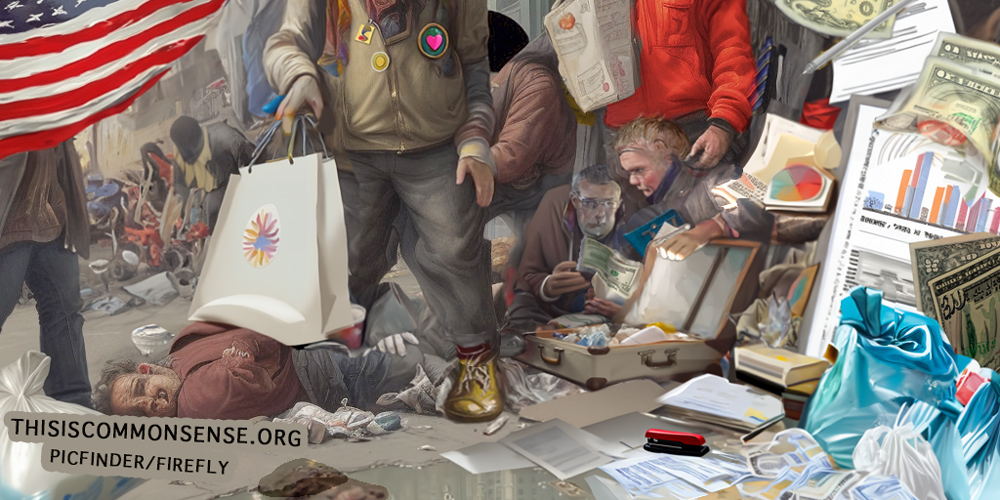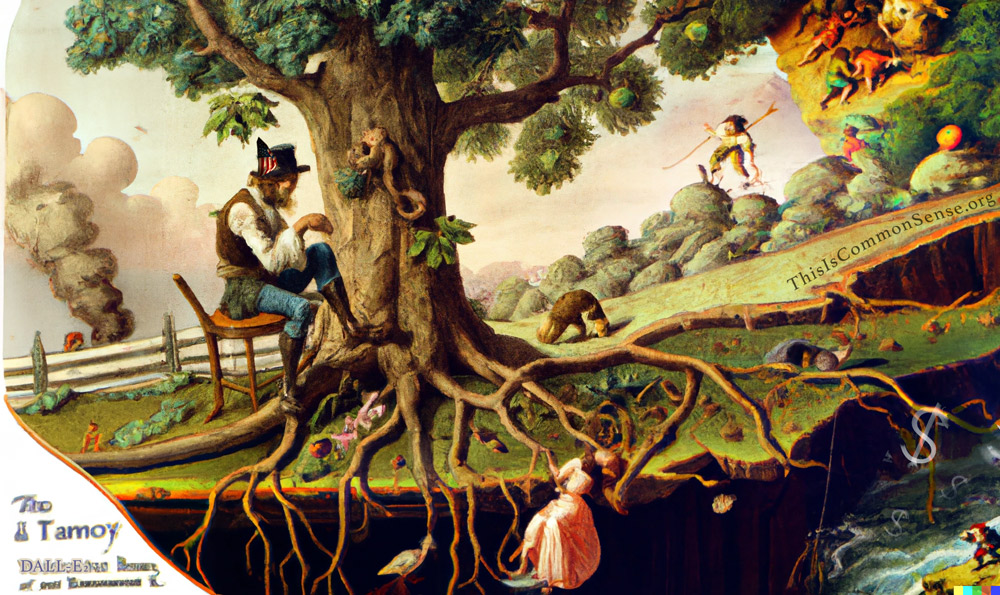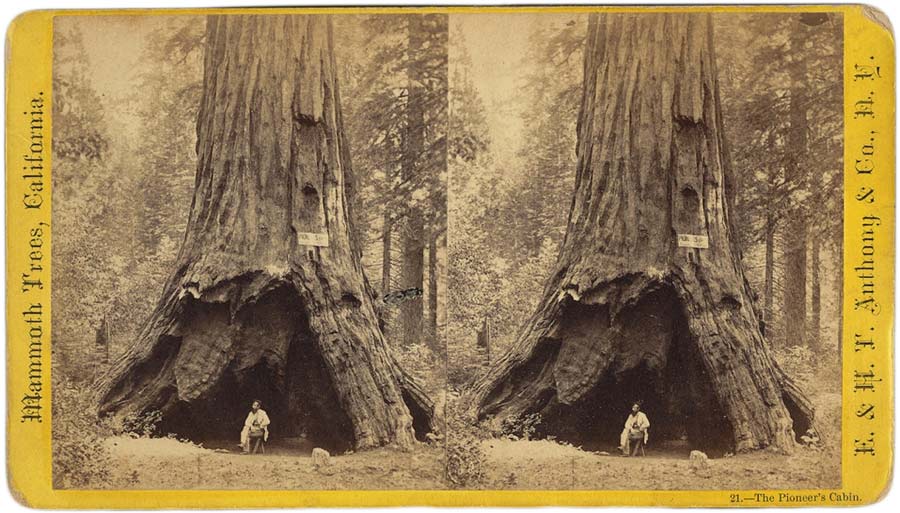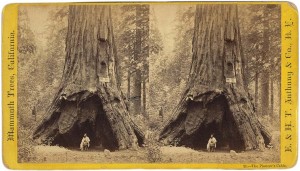I love San Francisco. Such a beautiful city, I thought on a recent visit.
But then I turned the corner and discovered, once again, that all-important skill of rapidly averting one’s eyes.
Where was an escape route?
The city by the bay, like other towns with mild weather, is always going to get more than its share of what we used to call hobos, or — more accurately — bums. Sleeping on the streets there must beat sleeping on Chicago streets in the winter.
Still, Frisco gives added benefits to those living on its streets. Indeed, vagrants can become less vagrant by setting up encampments in public, apparently wherever, toilet facilities optional. An impending Supreme Court ruling may push other cities in the same direction.
The case, Johnson v. City of Grants Pass, Oregon, has reached the U.S. Supreme Court.
Three vagrants challenged a Grants Pass ordinance prohibiting them “from using a blanket, pillow, or cardboard box for protection from the elements”; in other words, from setting up camp in the street.
In response, the Ninth Circuit blocked Grants Pass from enforcing the ordinance unless it provides shelter to those kicked off the street. Many towns cannot afford such expenditures, especially if the vagrant population is of any great size.
You get more of what you subsidize. If, obeying such rulings, towns do stretch budgets to prevent encampments, they thus encourage vagrants from nearby lands to move into town to get the taxpayer-funded accommodations.
The Ninth Circuit decision applies to nine states. Now the Supreme Court will either throw out the decision; revise it; or, upholding it, begin to consign all of us in all states to the fate of San Francisco.
This is Common Sense. I’m Paul Jacob.
Illustration created with PicFinder and Firefly
—
See all recent commentary
(simplified and organized)



